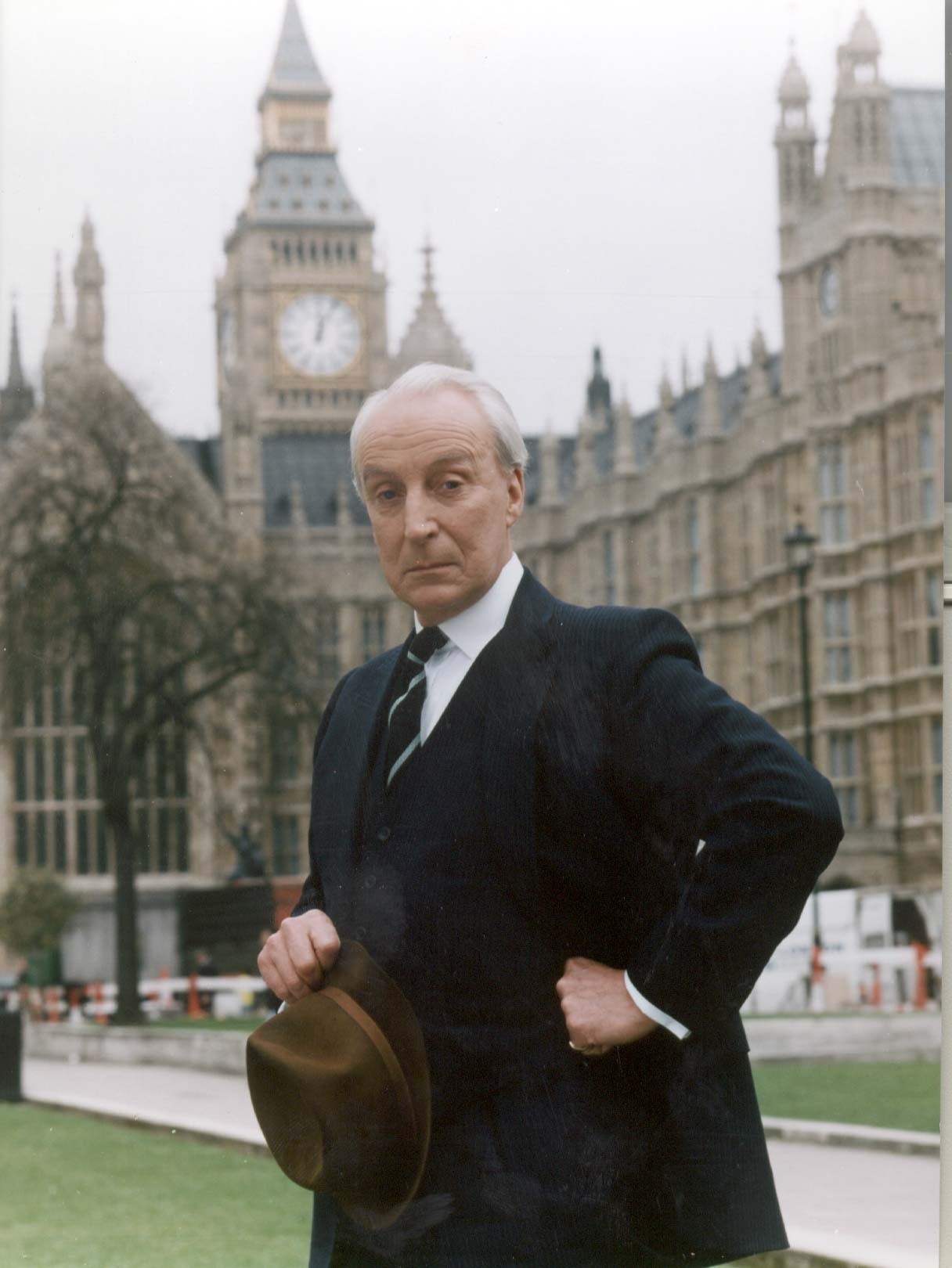Who are the whips and what do they do?
The whipping operation in Parliament has been brought out of the shadows after comments from a Tory MP.

Tory MP William Wragg has accused the Government of an aggressive whipping operation against those who are suspected of having wavering support for Prime Minister Boris Johnson.
Here, the PA news agency looks at the whipping system in Parliament
– Who are the whips, and what do they do?
All parties have whips – parliamentarians who are charged with keeping MPs and peers in line and voting the way their party wants them to.
The name comes from the term “whipper-in”, the person who, in hunting, would keep the hounds in the pack using a whip.
How they do this varies, and it is not uncommon to hear of whips using embarrassing information or blackmail to a certain extent.
This may come through telling an MP they may not be considered for ministerial jobs if they vote against the Government, or dangling the carrot of support for a campaign they back.
Or, alternatively, as former Tory MP Christian Wakeford has alleged, through saying a key project in their constituency would not get funding.
The work of the whips takes place in the shadows – they do not speak to the media about whipping activities, sign early day motions, or table questions for ministers.
Broadcaster Jeremy Paxman once described them as “keepers of Parliament’s dark secrets and custodians of the baubles of public life”.
It is the whip’s job to be a line of communication between the party leadership and the backbenchers, taking the mood music of the rank and file, feeding back who may rebel, and trying to quell any major upsets.
– How do they persuade MPs to vote the ‘right’ way?
Though much is done through trying to convince wavering MPs of the benefits of a particular vote through a quiet – or not so quiet – word, the dark arts of the whipping operation are a thing of Westminster folklore.
The Conservatives were said to have a “black book” where the misdemeanours of MPs were recorded in order to be used in future, anything from an unfortunate remark at a meeting to extramarital affairs.
Senior whip under Margaret Thatcher, Tristan Garel-Jones – who is said to have been the inspiration for Francis Urquhart in Michael Dobbs’s House Of Cards trilogy – allegedly kept the “black book” locked in a safe.
In the play This House, set in the offices of the Labour and Conservative Chief Whips between the February 1974 general election and the 1979 vote of no confidence in the government, Labour MPs are dragged from their death beds to maintain the Government’s majority.
The play is based on real events, but is not a factual account; however, former MP for Bassetlaw Joe Ashton told the Commons in 1997: “The Leader of the House and I were in the Whips’ Office when the Labour Party started off with a majority of one in 1974 and finished up with a minority of 17.
“The Whips’ Office killed six people – I say that with deep sympathy. Some of them had to have their operations at 10 o’clock in the morning and come in here to vote at 10 o’clock at night. Others had to postpone their operations until the recess.”
And he said when a key vote was called, the Whips’ Office had “bog trotters” who would check the Commons toilets for anyone trying to stay away from the lobbies.
In Paxman’s 2002 book The Political Animal, the broadcaster tells of a compromising photograph kept in the safe of one MP who was known for his support for “family values”.
Paxman writes that when the MP was minded to vote against the Government, he was shown the photo by the whips, and then spent his political career supporting his party.
David Lightbown, a Conservative whip in the 1990s, was known as “the Terminator” due to his robust methods and imposing physical physique.
Sweeter methods are also used – trips abroad, time off, and promotions can all be used to persuade, as can the allocation of Commons offices.
But Gavin Williamson, former Cabinet minister and chief whip under Theresa May, once said whips were there to help.
Mr Williamson – who was once photographed with a whip on his desk in a nod to his former job – told the Conservative Party conference in 2017: “As we always say in the Whips’ Office, we really are here to help. We take a carrot and stick approach. Personally I don’t much like the stick, but it is amazing what can be achieved with a sharpened carrot.”
– Why are William Wragg’s comments concerning?
Although the whipping system is well known and can push boundaries, the alleged threat to withdraw public cash from constituencies could tip methods over a criminal threshold.
Mr Wragg said anyone who has faced such threats should report them to the police.
Similar threats were also reported in the sleaze saga of former MP Owen Paterson, when the Government urged MPs to support their colleague.
Campaign group The Good Law Project previously said this could stray into the “realms of criminal offence”.
The Prime Minister insisted he has not seen any evidence to support Mr Wragg’s claims.
He told reporters on a visit to Taunton: “I’ve seen no evidence to support any of those allegations.”
Bookmark popover
Removed from bookmarks